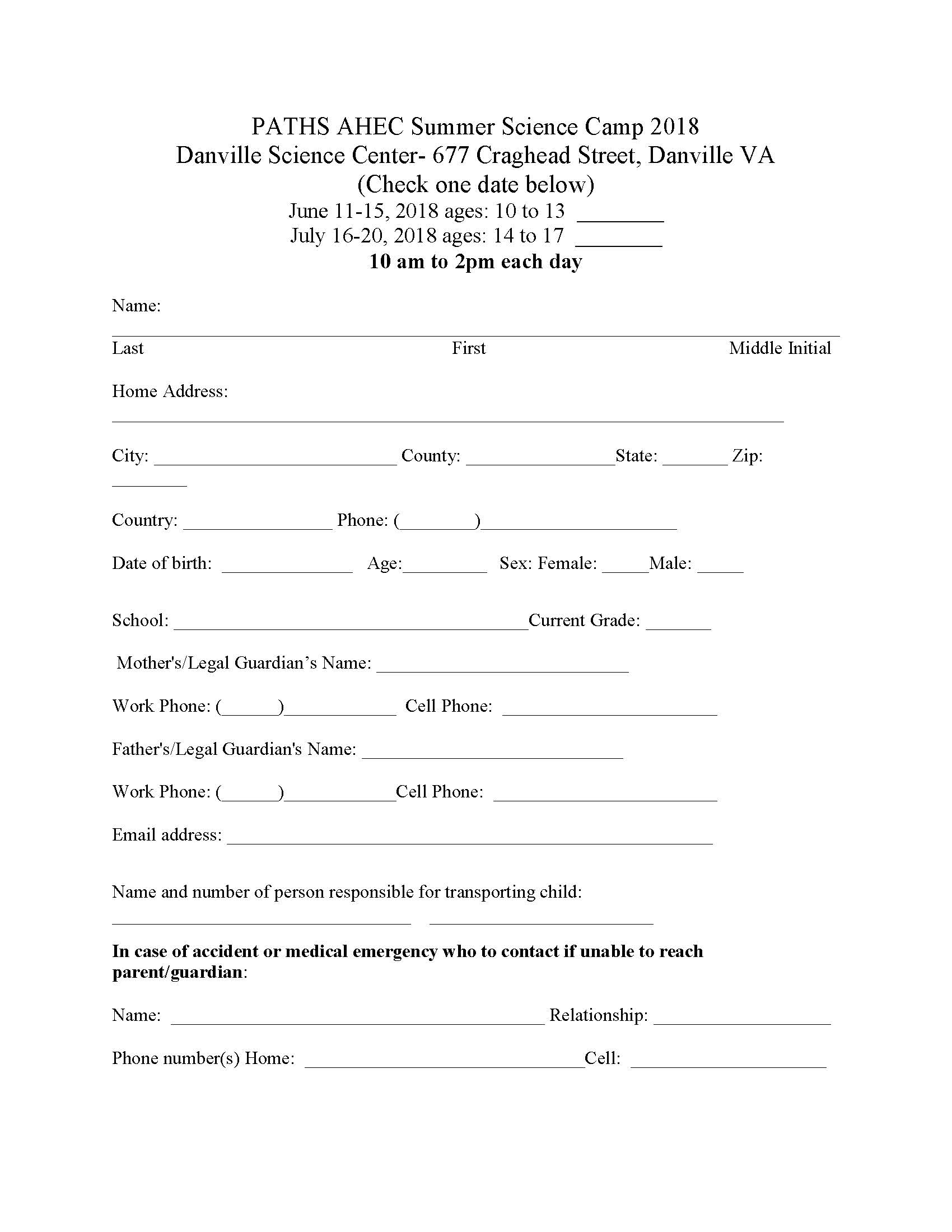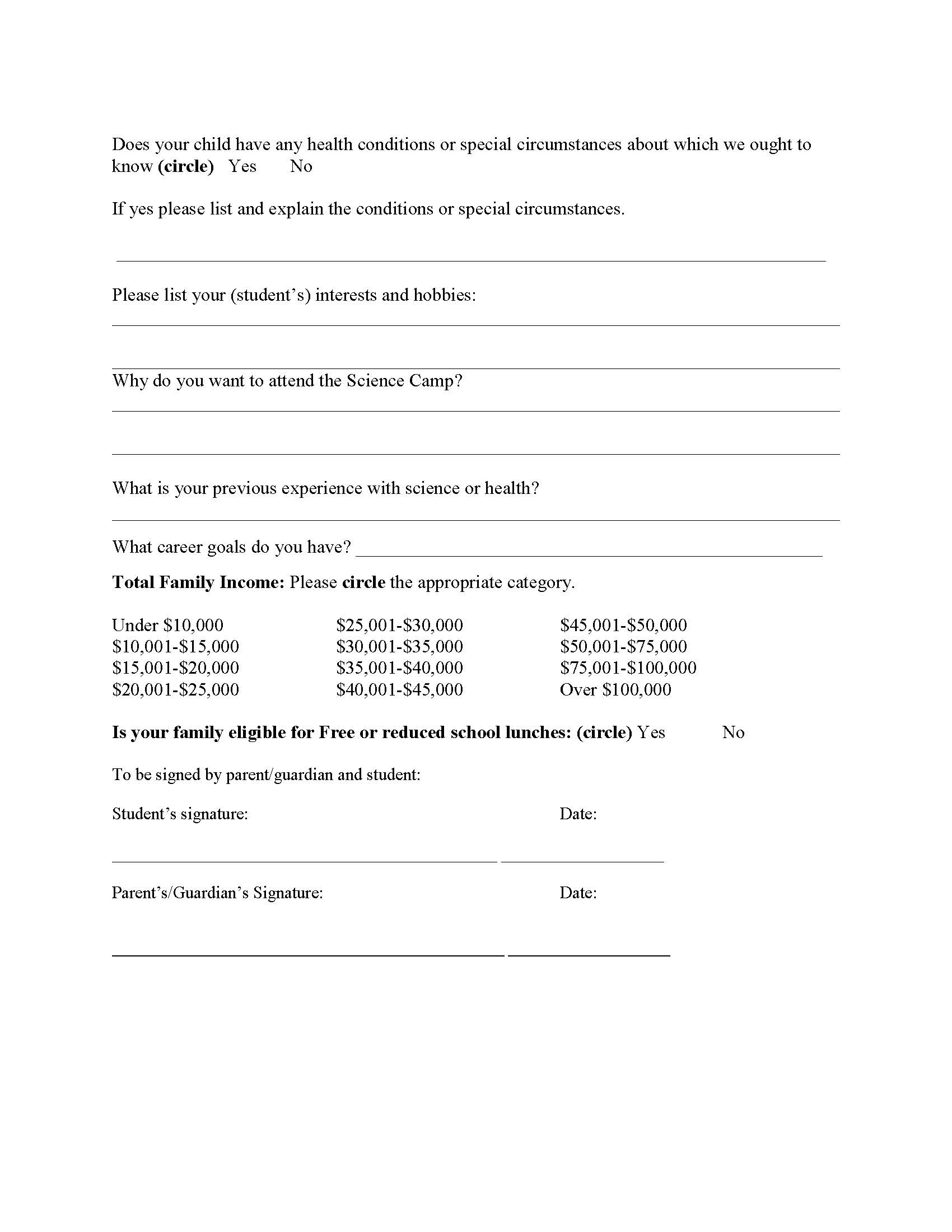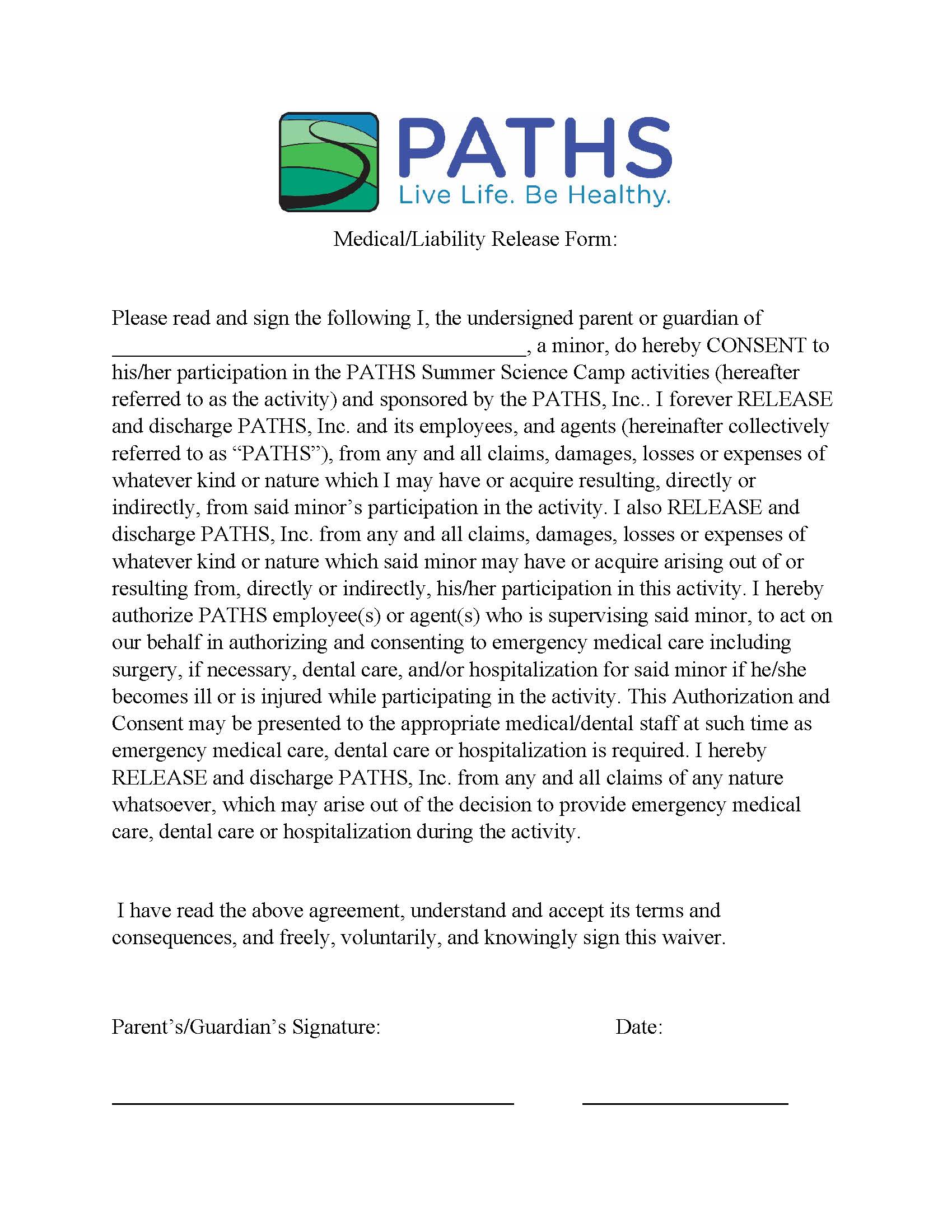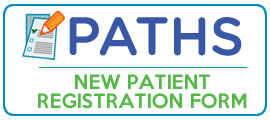What do clinical laboratory personnel do?
Clinical laboratory scientists and clinical laboratory technicians (medical technologists and medical laboratory technicians) perform lab tests to detect, diagnose, and treat diseases. Most clinical laboratory personnel work in hospital laboratories. Many are also employed by private physicians, medical groups, public health and environmental laboratories, research facilities, pharmaceutical and biomedical companies, universities, industrial medical laboratories, molecular diagnostic laboratories, and the armed forces.
What might a clinical laboratory technician do in a workday?
- Perform laboratory procedures on the fluids, cells, and tissues of the body.
- Use microscopes, sophisticated precision instruments, and computers.
- Collect blood specimens.
- Inoculate culture media to identify bacteria.
- Monitor the quality of tests and procedures.
- Report unusual or abnormal results to clinical laboratory scientists or pathologists.
What might a clinical laboratory scientist do in a workday?
- Perform complex and standard laboratory analysis.
- Evaluate the effect of a patient’s physiological condition on test results.
- Confirm test results and provide physicians with data needed to determine the presence, extent, cause and treatment of disease.
- Design, establish, and monitor quality control programs to ensure accurate test results.
- Manage financial operations, marketing, and human resources to assure cost-effectiveness and quality of clinical laboratory services.
- Conduct research for publication and evaluate published studies.
- Use information management systems to report laboratory data.
- Evaluate emerging diagnostics, test systems, and interpretive algorithms.
- Provide education and consultative interactions with members of the health care team, customer service, and patients.
Developing a career as in clinical laboratory science?
With additional education, clinical laboratory scientists and technicians can become specialists in the following areas: clinical chemistry, microbiology, hematology, immunology, blood banking, virology, molecular biology, and laboratory safety.
How much salary do clinical laboratory professionals earn?
- Clinical Laboratory Technician: $27,000 - $47,000
- Clinical Laboratory Scientist: $37,000- $56,000
How do I become a clinical laboratory technician or a clinical laboratory scientist?
Students intending to pursue a clinical laboratory career should prepare by taking the most challenging high school courses available in science, math, and English.
To become a clinical laboratory scientist, students must either have a bachelor’s degree in clinical laboratory science (medical technology) or an acceptable combination of higher education plus laboratory experience.
To become a clinical laboratory technician, an individual must have an associate degree in medical laboratory technology or an acceptable combination of an associate degree and laboratory experience. Individuals seeking to become technicians or laboratory scientists must pass a national certification examination.
Where else can I learn about becoming a clinical laboratory technician or scientist?
Virginia Society for Clinical Laboratory Science
tel: 703-822-6551 / web: http://www.ascls-va.org
American Medical Technologists
10700 W Higgins Rd, Suite 150 / Rosemont, IL 60018
tel: 847-823-5169 / web: http://www.americanmedtech.org
American Society for Clinical Laboratory Science
2025 M St, NW, Suite 800 / Washington, DC 20036
tel: 202-367-1174 / web: http://www.ascls.org
Educational Institutions in Virginia for Clinical Laboratory Science:
What does a cytotechnologist do?
Cytotechnologists are specially trained laboratory technologists who study the structure and function of cells in the human body. They examine cell samples under a microscope to detect any changes that could indicate a disease, such as cancer.
What might a cytotechnologist do in a workday?
- Prepare slides of cell samples for examination.
- Examine smears of cell samples on slides using a microscope.
- Detect and report abnormalities in the color, size, and shape of cellular components and patterns.
- Use automated equipment and instruments, including microscopes, to prepare samples for microscopic study.
- Analyze test results with pathologists.
- May assist physicians with collecting cell samples.
Developing a career as a cytotechnologist?
Most cytotechnologists work in hospitals, clinics, or private laboratories under the supervision of pathologists. Some may work in universities as professors or researchers.
How much does a cytotechnologist earn?
- $61,000-$71,000
How do I become a cytotechnologist?
Students intending to pursue a career as a cytotechnologist should prepare by taking challenging high school courses in science, math, and English. Students must complete three years of college prior to entering a 12- to 21-month program in cytotechnology (offered at a college or hospital) or attend a post-baccalaureate certificate program at a college or university.
Where else can I learn about becoming a cytotechnologist?
American Society for Cytotechnology
1500 Sunday Drive, Suite 102 / Raleigh, NC 27607
tel: 919-861-5571 or 800-948-3947 / web: http://www.asct.com
American Society of Cytopathology
100 W 10th St, Suite 605 / Wilmington, DE 19801
tel: 302-543-6583 / web: http://www.cytopathology.org
American Society for Clinical Pathology
33 W Monroe St, Suite 1600 / Chicago, IL 60603
tel: 312-541-4999 / web: http://www.ascp.org
Educational Institutions in Virginia for Cytology:
What do histology personnel do?
Histologists and histologic technicians prepare tissue samples for examination by a pathologist. Their work is an essential part of determining whether a patient is suffering from a disease dysfunction or malignancy.
What might histology personnel do in a workday?
- Prepare sections of human, animal or plant tissue for diagnostic, research, or teaching purposes.
- Process tissue and embed into paraffin blocks, then mount thinly-sliced tissue sections onto a glass slide for microscopic study.
- Stain tissue to differentiate various structures or components. The slide is then evaluated by a pathologist or other scientific investigator.
- Supervise and manage a histology laboratory.
Developing a career in histology?
Histologists/ histotechnologists receive more training and perform more complex procedures than histologic technicians. Histologic technicians perform routine specimen preparation procedures and assist histologists.
Most histology personnel work in clinical pathology labs; some may work in veterinary, plant or marine histology, pharmacology, and medical or research laboratories.
How much salary do histotechnologists earn?
- Histotechnologist: $36,000-$52,450
How do I become a histotechnologist or histologic technician?
Students intending to pursue one of these careers should prepare by taking challenging high school courses in science, math, and English.
Histotechnologists must either have a bachelor's degree in an approved major (e.g. biology, chemistry) and one year of experience in a histopathology lab or complete a formal histotechnology educational program. They also must pass a national exam.
There are three paths to becoming a histologic technician. Students can earn a high school diploma and complete two years of clinical laboratory experience in histopathology. They can complete accredited program in histotechnology, or they can earn an associate degree and complete one year of clinical lab experience in histotechnology. They also must pass a national exam. Certification may be obtained from the American Society for Clinical Pathology.
Where else can I learn about becoming a histologist or histologic technician?
National Society for Histotechnology
10320 Little Patuxent Parkway, Suite 804 / Columbia, MD 21044
tel: 443-535-4060 / web: http://nsh.org
American Society for Clinical Pathology
33W. Monroe Street Suite 1600 / Chicago, IL 60603
Educational Institutions in Virginia for Histology:
What does a psychiatric aide do?
Psychiatric aides and psychiatric technicians or direct services associates help care for mentally ill and substance abuse patients. They work under the direct supervision of mental health therapists, psychiatrists, social workers, and nurses. Psychiatric technicians may specialize in certain areas, such as crisis intervention, substance abuse, or children’s problems. They may work at crisis centers, substance abuse facilities, hospitals, social service centers, schools, or community mental health programs. Their responsibilities vary according to the work setting and the individual’s level of training.
What might a psychiatric aide do in a workday?
- help patients bathe, dress, and complete other personal care activities.
- take patients to and from wards for examination and treatment.
- encourage patients to participate in social, educational, and recreational activities.
- feed patients who need assistance.
- aid or restrain patients to prevent injuries to themselves or others.
- escort patients to off-site treatment, entertainment, or enrichment activities.
- assist with patient orientation, housekeeping, and security.
Psychiatric technicians usually have more formal education, training, and responsibilities than psychiatric aides. In addition to the duties listed above, they also:
- interview patients and their families and record information.
- help develop and implement patient treatment plans.
- observe patients and report any meaningful actions to the staff.
- lead individual and group counseling sessions and therapy activities.
- teach skills that help patients resolve problems that affect daily living.
- check and record patients’ vital signs.
- assist supervisors in giving prescribed medication.
Developing a career as a psychiatric aide?
Clinical and counseling psychologists may specialize in teaching, research, therapy, counseling, rehabilitation, community health, physiology, and psychopharmacology. They may choose to concentrate their work on a specific age group or psychological problem.
- Clinical psychologists evaluate, diagnose, and treat mentally and emotionally disturbed people and are concerned with preventing and treating mental and emotional disorders.
- Educational psychologists design, develop, and evaluate techniques and materials to solve problems in education/training programs.
- School psychologists work with average, gifted, and physically or mentally challenged students.
- Psychometrists or quantitative psychologists develop and implement intelligence, aptitude, achievement, and other tests and analyze results.
- Developmental psychologists investigate emotional, mental, physical, and social growth and development.
- Social psychologists study human relationships to understand individual and group feeling, thought, and behavior.
- Experimental psychologists plan, conduct, and analyze experiments in human and animal learning, thinking, motivation, and perception.
- Industrial-organizational psychologists develop and apply psychological techniques to personnel administration, management and marketing problems.
How much does a psychiatric aide earn?
- $14,000 - $27,700
How do I become a psychiatric aide?
Students interested in becoming psychiatric aides or technicians should take challenging high school courses, including science and English. A high school diploma and postsecondary training are needed for employment as a psychiatric technician, but they are not necessary for a psychiatric aide.
Where else can I learn about becoming a psychiatric aide?
American Psychiatric Association
1000 Wilson Boulevard, Suite 1825 / Arlington, VA 22209-3901
tel: 703-907-7300 / web: http://www.psych.org
National Association of Health Care Assistants
501 E 15th St / Joplin, MO 640804
tel: 800-784-6049 / web: http://www.nahcacares.org





